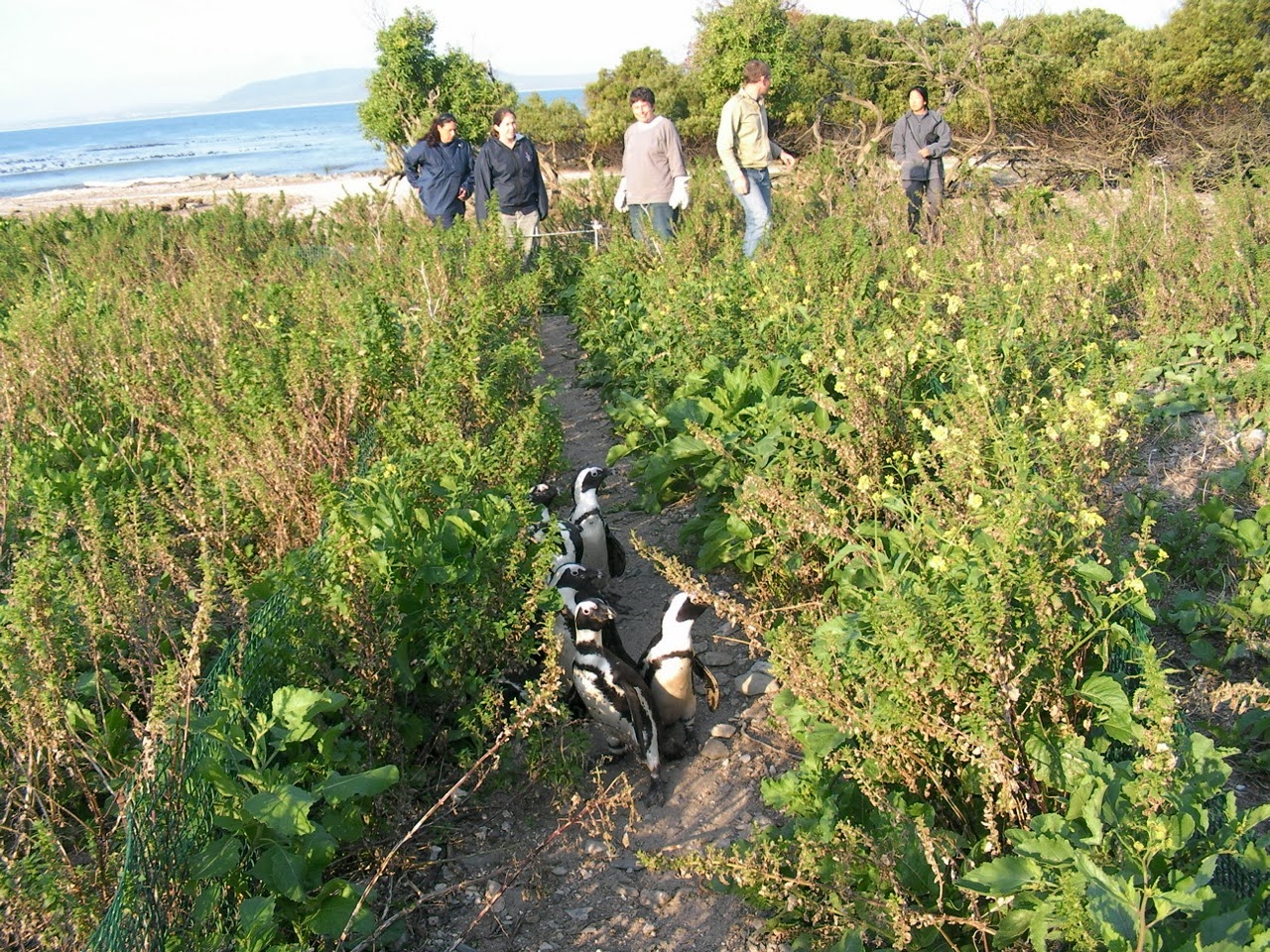It seems that every day another news article comes out about
animals facing extinction. The list of reasons is seemingly endless including
loss of habitat, the wildlife trade, and climate change. What the media rarely
covers is the stories of hope, where communities come together to protect the
animals that live around them.
There are many of these stories around the world, where
dedicated conservationists are coming up with innovative ways to help these
endangered species recover while improving the lives of local residents. Many
of these programs include volunteer activities for travelers to participate in
research and conservation programs.
Here are just a few of the opportunities for travelers to
help wildlife:
- Green Sea Turtles in Baja: Years ago, many turtle researchers wrote off Baja’s turtles as beyond saving. However, an award-winning network of fishermen, scientists, and local residents called the Grupo Tortuguero formed to study and protect the region’s five species of sea turtles and numbers are rebounding. A new locally run business called RED Sustainable Tourism is helping these conservationists recruit volunteer help for their turtle research. Participants camp on a small island in Magdalena Bay and help to set nets to catch green turtles at sea and collect information on them before returning them to the water.
 |
| (credit Wild China) |
- Giant Pandas in China: Pandas live in isolated patches of mountain forest in central China. Their numbers in the wild have dwindled to less than 2,500 due to conversion of forest to farmland and other uses. The World Wildlife Fund’s China program is working to expand protected areas and encourage local residents to protect their forests. Travelers with Wild China can track pandas in the Wanglang Nature Reserve, visit a panda breeding center, and support WWF’s efforts to train local residents as tour guides.
- Penguins in South Africa: More than half of the 18 species of penguins around the world are considered either threatened or endangered. The African penguin population has decreased 95 percent since preindustrial times due to competition for fish with fishermen and other threats. Earthwatch Institute has worked with local researchers for the past decade to study and protect the penguins living on Robben Island, famous for the prison that once held Nelson Mandela and many others during apartheid. Volunteers will help collect data on the penguins including growth rates of chicks and survival rates, key information that is needed to develop long-term protection plans.
- Dolphins in Belize: The Mesoamerican Barrier Reef is the world’s second longest reef and is home to hundreds of marine species, including several species of dolphins. The Oceanic Society runs a marine station based on Turneffe Atoll that acts as a central location for researchers to study bottlenose dolphins, manatees, and others.



No comments:
Post a Comment